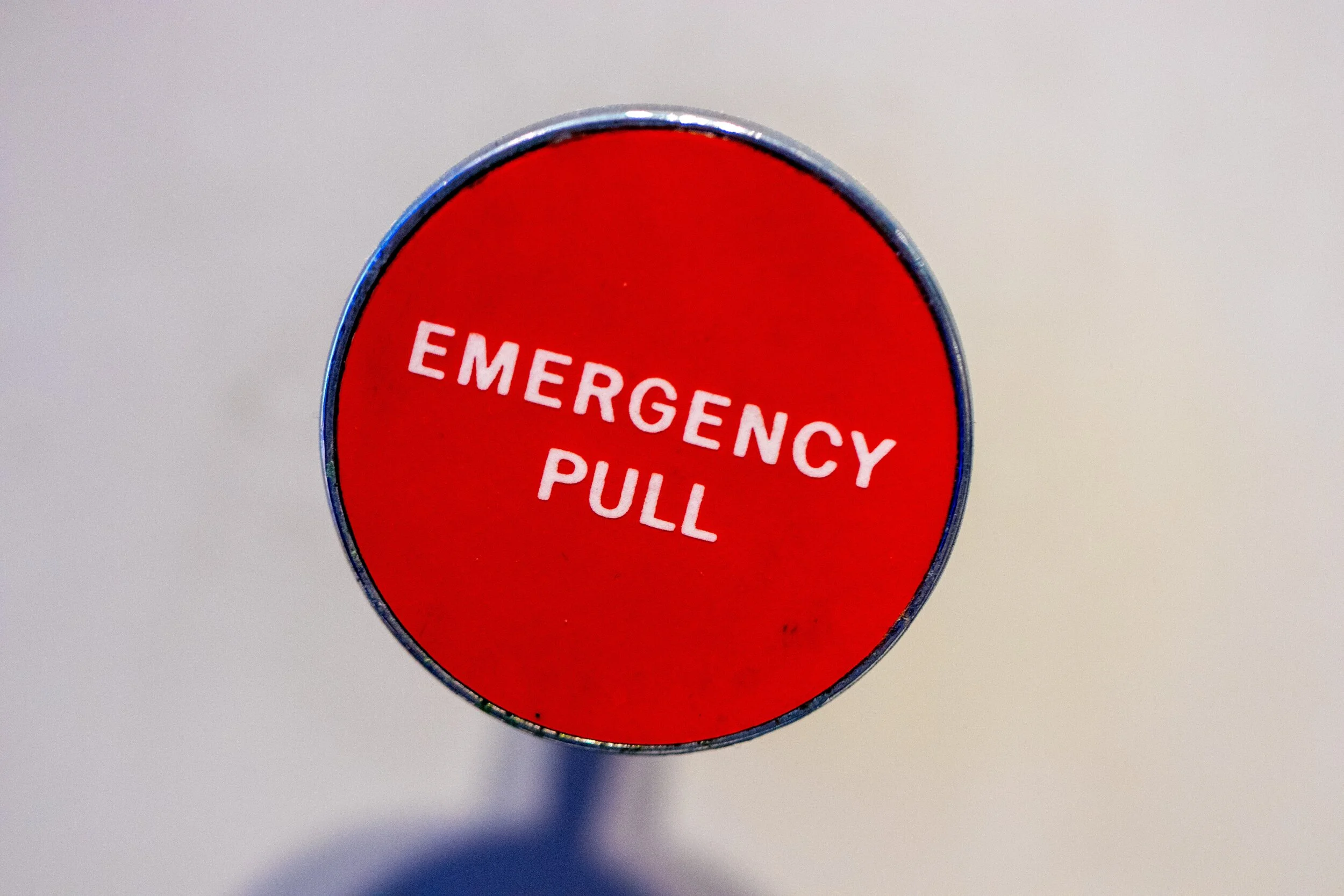Crisis Communications
Crisis communications Consulting
A crisis will happen when you least expect it. Are you prepared?
Most organizations have no tangible plan for communicating when a crisis occurs. This typically leads to a disorganized, unfocused response. As a result, public confidence in your organization plummets, and years of image-building work are undone.
Our firm has experience guiding organizations through some of the most difficult media and public relations crises you can imagine. This experience informs our approach when we help you write your crisis communications plan, organize the hands-on training for your senior leaders, and come alongside you when the stomach-jolting, world-in-a-blur crisis hits.
Best Practices:
1. Avoid jargon.
One of the key mistakes made during a crisis is assuming that a lawyer, engineer, or other expert is the best spokesperson because that person has the most direct and in-depth knowledge. There are two better options: You can work with those experts to re-word their answers in plain English or (this is usually the best choice) have those experts be a resource to another person who will serve as spokesperson. You generally only get one shot at an explanation, don't ruin it with jargon and too much detail!
2. Don't assume your reputation is strong enough to withstand a crisis.
When a crisis happens, reporters start calling, and your social media feeds are blowing up, the answer is NEVER "no comment." You also shouldn't curl up into a ball and hope it all goes away on its own. Savvy and prudent organizations dig in, get proactive, and communicate during the crisis to ensure that key stakeholders are well-informed.
3. In a crisis response, don't favor one medium over another.
Newspapers can't print a press conference video and the TV news won't show a press release. Know your media audience and make sure each outlet gets what it needs - video/visuals for TV news, clear audio for radio news, and quotes and detailed background for newspapers. On your social media feeds, video should almost always be your first choice (with the text of what's said included as well).
4. Consider matching the emotions of your response to the emotions surrounding the crisis.
"Just the facts" won't necessarily work when responding to a crisis, because crises often induce emotional responses in addition to practical ones. If stakeholders are mad, your tone should reflect your understanding of that. If they're sad, your tone should mirror that.
5. Don't wait for the media to call.
Too often organizations ignore a crisis until it's made public. Your organization will emerge stronger if you take a proactive approach to communicating about a crisis as soon as it happens -- before your stakeholders learn about it from your critics.
6. Share ALL the information possible.
It will undermine your success if you share the details, response and plan of action with stakeholders only to have a new angle to the crisis emerge the next day. It dents your credibility and will likely cause your audience to doubt you. Even if it means sharing information not yet public, it's better to get everything out at the front end so the crisis doesn't have the drip, drip, drip effect.
Crisis communications basic tips
If you don't have a plan that identifies solutions to these and other issues that could arise during a crisis, contact us today for help.


